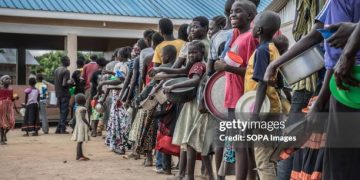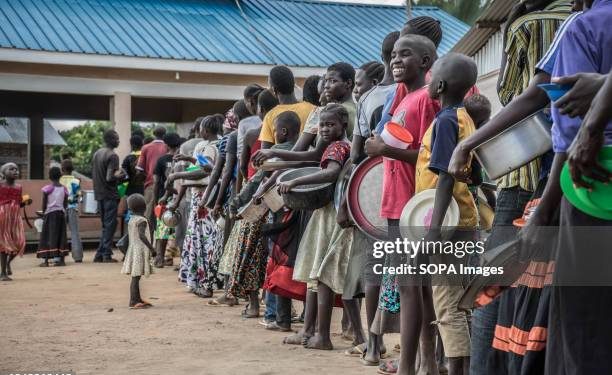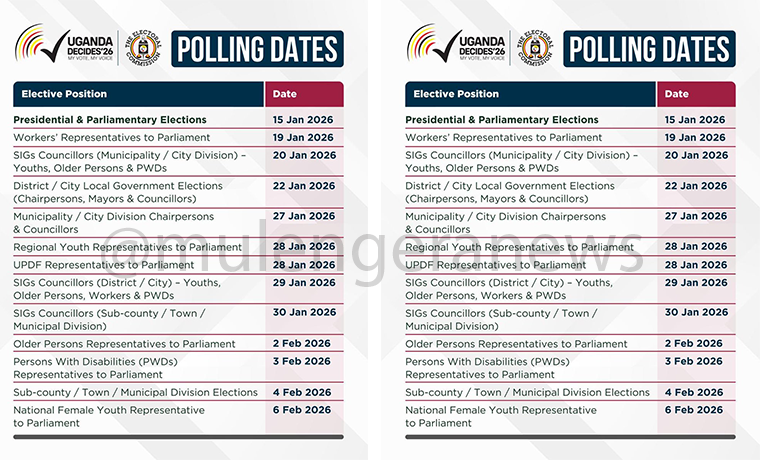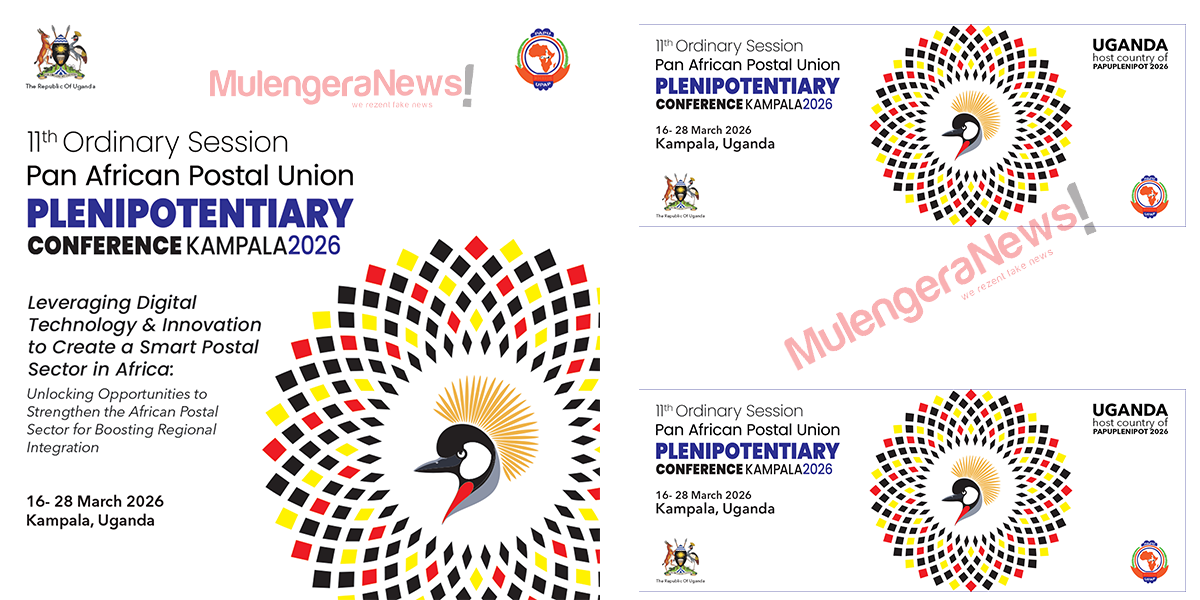By Mulengera Reporters
[Home is where the heart is], and for many immigrants in Uganda, the country has become a new home in times of conflict and uncertainty. The 2024 census data reveals that Uganda remains a key destination for immigrants, particularly from neighboring countries such as South Sudan, the Democratic Republic of Congo (DRC), Rwanda, and Kenya. At the time of the census, Uganda hosted 1,022,577 immigrants, with nearly half (45.2%) of them coming from South Sudan. The vast majority of these immigrants are seeking safety, stability, and economic opportunities.
As Uganda continues to provide refuge for individuals fleeing conflict, it’s clear that the country’s immigration patterns are shaped by regional instability. South Sudan, in particular, remains a key source of immigration due to the ongoing conflict that has displaced millions. Of the immigrants in Uganda, 45.5% cited security-related reasons for migrating. This reflects the fact that Uganda is seen as a stable haven for those fleeing war and violence, particularly from neighboring South Sudan.
Family-related reasons were another major driver of immigration, with 28.4% of immigrants coming to Uganda to reunite with family members or for marriage. Employment also plays a significant role, with 7.9% of immigrants arriving in Uganda in search of job opportunities. Other reasons, such as education, land conflicts, and climate-related issues, accounted for a smaller percentage of immigration, with climate-related migration being the least significant at just 0.3%.
The census findings reveal the diverse mix of people who make up Uganda’s immigrant population. The largest group of immigrants, those from South Sudan are followed by individuals from the Democratic Republic of Congo (DRC), Rwanda, and Kenya. Immigrants from Europe, America, and Oceania constitute a much smaller proportion, accounting for just 1% of the total immigrant population.
While immigration brings benefits, such as filling labor shortages and contributing to the local economy, it also poses challenges. The influx of people, especially from conflict-ridden areas like South Sudan, strains Uganda’s resources, including healthcare, housing, and education. Furthermore, as the number of immigrants rises, the pressure on Uganda’s social services increases, highlighting the need for more support and infrastructure to accommodate newcomers.
Despite these challenges, Uganda’s policies towards immigrants remain largely positive, with the country being commended for its generosity and hospitality. The government’s efforts to integrate immigrants into society, through work permits and access to public services, help ensure that both the immigrants and the local population benefit from these migration patterns.
However, as Uganda continues to host such a significant number of immigrants, it must balance the needs of both the local and immigrant populations to maintain social harmony and economic stability. (For comments on this story, get back to us on 0705579994 [WhatsApp line], 0779411734 & 041 4674611 or email us at mulengeranews@gmail.com).































